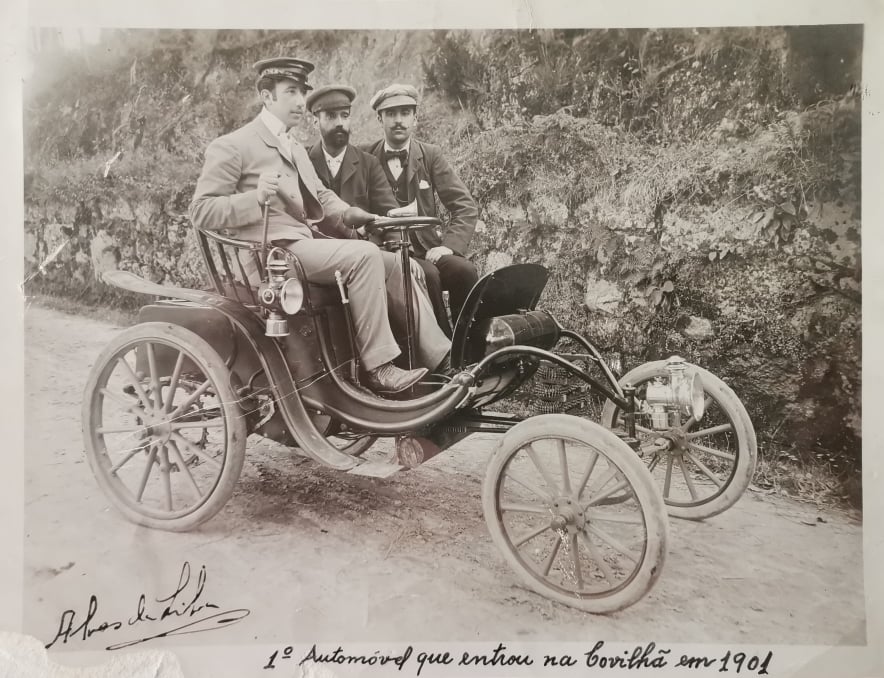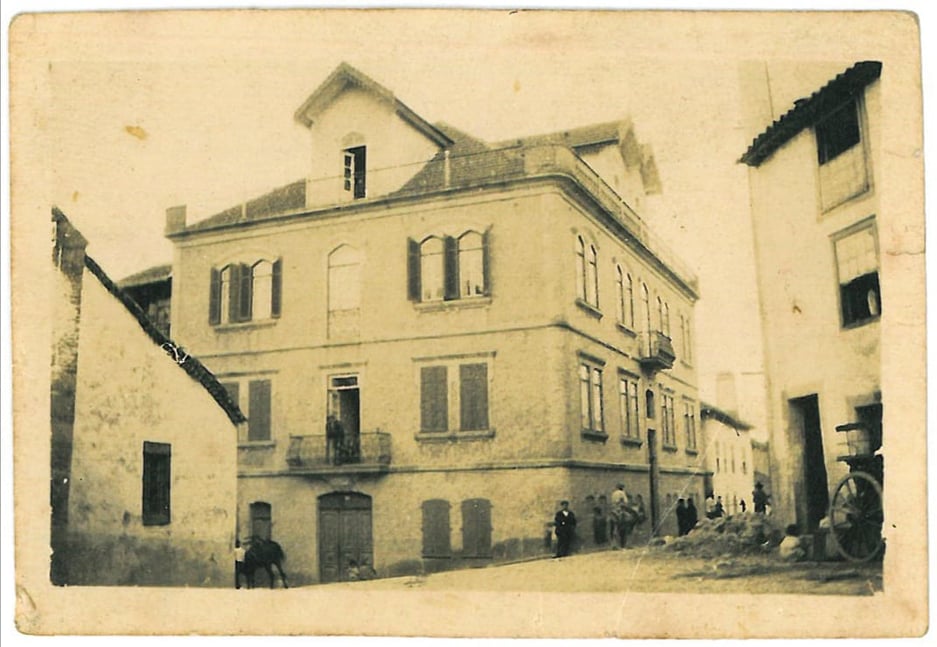A son of the Portuguese city of Covilhã, Manuel Carapito da Conceição (IHC – University of Évora / IN2PAST) chose to analyse the social movements of the governing elites of the ‘factory city’ in the 20th century because of the ‘possibility of making a socio-cultural contribution for the population of Covilhã to learn more about its past’. And he was selected by the Portuguese funding agency Fundação para a Ciência e a Tecnologia (FCT) to receive a 2024 PhD Studentship – Specific Line of Application in a Non-academic Environment (BDANA).
The choice of IN2PAST as his academic host institution, under the supervision of Maria de Fátima Nunes (IHC – UÉvora / IN2PAST), is attributed to the project’s framing ‘within the scope of landscape, territory and cultural heritage’, explains the PhD student in History, Specialising in Contemporary History at UÉvora. The project has the Municipal Archive of Covilhã and the Archive of the Santa Casa da Misericórdia of Covilhã as its main non-academic host institutions.
‘To be a son of Covilhã is to recognise that we have a sui generis identity, where wool is the centre of Covilhã life and industry was the main engine of urban development,’ argues Manuel Conceição, who chose the theme ’Covilhã’s political elites (1910 to 1974): A social analysis’ (‘As elites políticas covilhanenses (1910 a 1974): uma análise social‘) because of the duality of experiences lived by his grandparents, who lived through’the splendour of Covilhã’s industry: if, on the one hand, he had ‘maternal grandparents experiencing hunger and poverty’, on the other hand, his paternal grandparents ‘came to own a factory and experienced a whole other experience during this period”.
For the PhD student, it is up to the historian to understand this past beyond a simple analysis of the industrialisation process. ‘If the population experienced the manufacturing period intensely, with long working hours, the elites looked carefully at the work that was being done through the window of their office,’ says Manuel Conceição, who intends to analyse the path of the Covilhã elites up to their governing role, and also their model of governance, during this period, namely by studying social movements through the triad formed by the Covilhã City Council, the Santa Casa da Misericórdia and associative institutions.

Manuel Carapito da Conceição, IHC – University of Évora / IN2PAST PhD researcher.

First ascent of Serra da Estrela by car, by João Alves da Silva (notable republican and important figure in the history of the city of Covilhã), 1906. © João Boléo de Matos e Silva

The house of João Alves da Silva and former municipal high school. © João Boléo de Matos e Silva
2025 © IN2PAST. All rights reserved.
IN2PAST – Associate Laboratory for Research and Innovation in Heritage, Arts, Sustainability and Territory is funded by FCT – Fundação para a Ciência e a Tecnologia, I. P. under reference LA/P/0132/2020 (DOI 10.54499/LA/P/0132/2020)